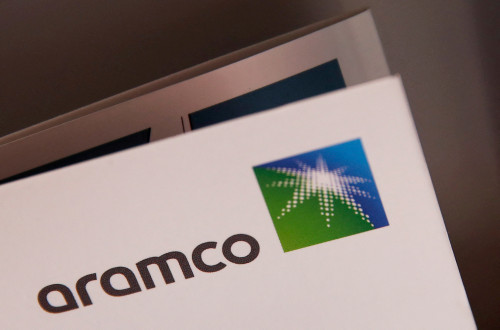(Reuters) -BlackRock could start offering indexes and exchange-traded funds (ETFs) for private markets, the asset manager said on Monday, after it announced a deal to buy data provider Preqin for nearly $3.2 billion.
The move underscores BlackRock’s push to become a major player in alternative assets, which are fast becoming a bigger component of investors’ portfolios.
Alternative investments encompass everything other than stocks and bonds. They mostly consist of assets that are traded privately, and not on public exchanges or stock markets.
Such investments are more appealing when public markets are volatile, but analyzing them is tougher due to limited transparency and inconsistent calculation methodologies.
Indexes offer a standard benchmark for investors to measure the performance of their portfolios, while ETFs provide access to a bunch of diversified assets. They are very popular among passive investors.
Typically, these products have only been available for investors looking for access to stocks, bonds or commodities, though some financial firms have begun to expand the pool recently.
Bringing indexes and iShares – BlackRock’s ETF arm – into the private markets will help improve the industry’s transparency and attract more investments, the asset manager said.
Preqin will be integrated with eFront, an alternative investment management software BlackRock bought in 2019.
The Preqin deal “along with the pending purchase of Global Infrastructure Partners position the company well to capitalize on the growing opportunity within private markets,” Jefferies wrote in a note.
Preqin will be a part of BlackRock’s technology services unit, which accounted for 8% of the company’s total revenue in the first quarter. Although a small business, it brings in revenue that is less sensitive to market fluctuations.
“We expect the deal to expand, diversify and accelerate BlackRock’s technology platform,” TD Cowen analysts said.
BlackRock shares dipped 0.4%. The deal is expected to be modestly dilutive to its adjusted earnings per share in 2025.
(Reporting by Niket Nishant in Bengaluru; Editing by Saumyadeb Chakrabarty)






